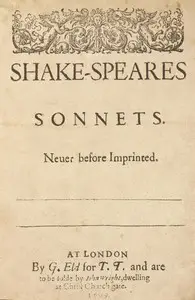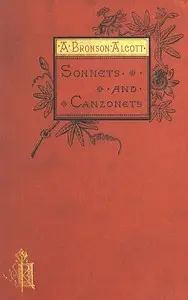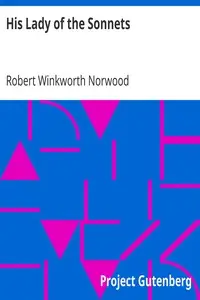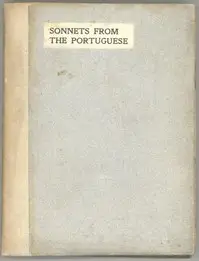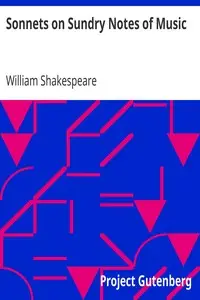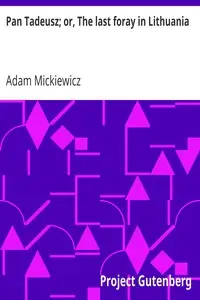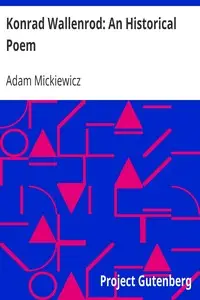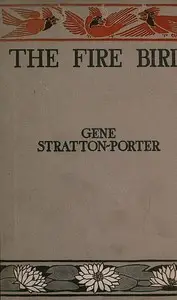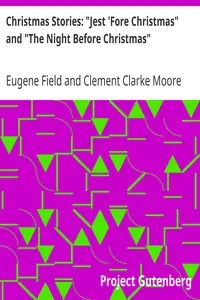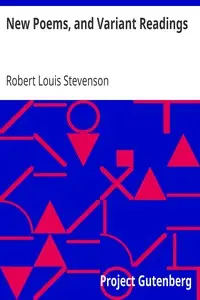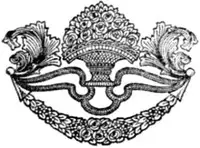"Sonnets from the Crimea" by Adam Mickiewicz is a collection of poems crafted in the 1800s, sharing Mickiewicz's thoughts about his journey through the Crimean Peninsula, using strong images and detailed descriptions of the scenery, culture, stories from the past that he saw. The book matters a lot because of its artistic value, but also because it shows the political and social environment of the time, as well as the poet's own experiences. The collection includes many sonnets that mix personal feelings with colorful pictures of the Crimean landscape, with each poem exploring places and ideas like old ruins, the beauty of nature, and sad memories of love from the past. Mickiewicz's careful thoughts often show a longing for his home and consider the wider adventures of being exiled and being your own person; through his skilled use of sonnets, he captures the heart of a wild time in both his life and the history of Poland, making "Sonnets from the Crimea" a touching tribute to a land full of beauty and sadness.
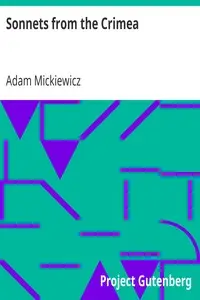
Sonnets from the Crimea
By Adam Mickiewicz
Experience a journey through breathtaking landscapes and heartfelt emotions as a poet reflects on a land of beauty and sorrow, weaving personal experiences with the echoes of history.
Summary
About the AuthorAdam Bernard Mickiewicz was a Polish poet, dramatist, essayist, publicist, translator and political activist. He is regarded as national poet in Poland, Lithuania and Belarus. He also largely influenced Ukrainian literature. A principal figure in Polish Romanticism, he is one of Poland's "Three Bards" and is widely regarded as Poland's greatest poet. He is also considered one of the greatest Slavic and European poets and has been dubbed a "Slavic bard". A leading Romantic dramatist, he has been compared in Poland and Europe to Byron and Goethe.
Adam Bernard Mickiewicz was a Polish poet, dramatist, essayist, publicist, translator and political activist. He is regarded as national poet in Poland, Lithuania and Belarus. He also largely influenced Ukrainian literature. A principal figure in Polish Romanticism, he is one of Poland's "Three Bards" and is widely regarded as Poland's greatest poet. He is also considered one of the greatest Slavic and European poets and has been dubbed a "Slavic bard". A leading Romantic dramatist, he has been compared in Poland and Europe to Byron and Goethe.


